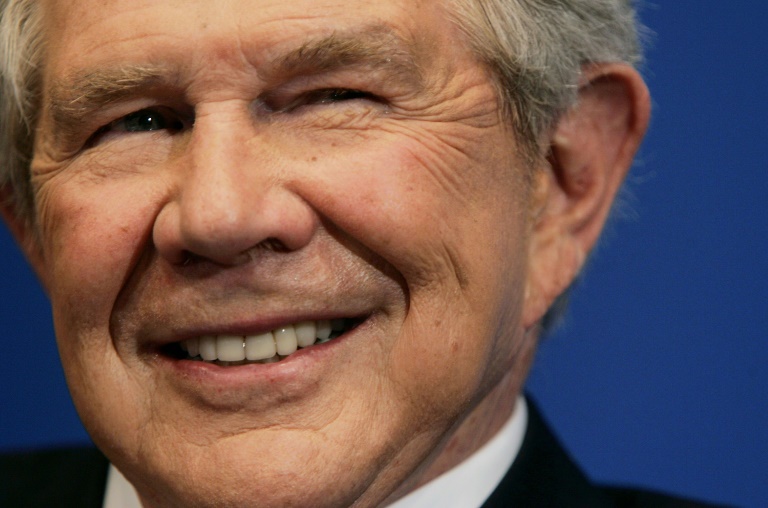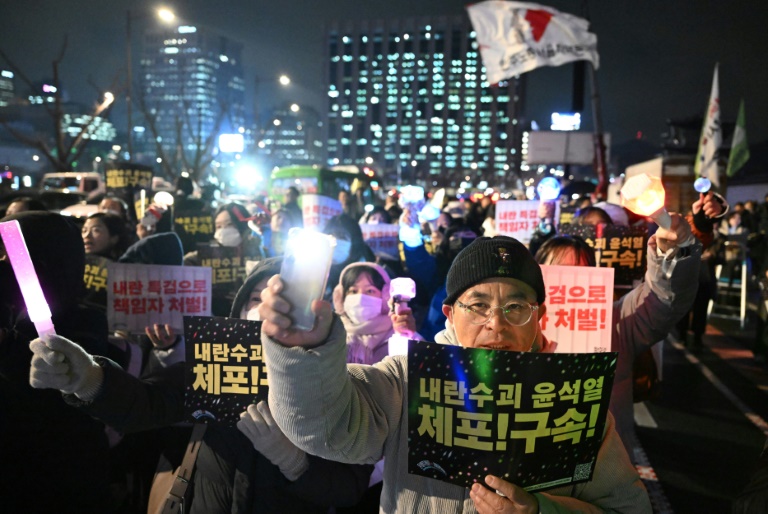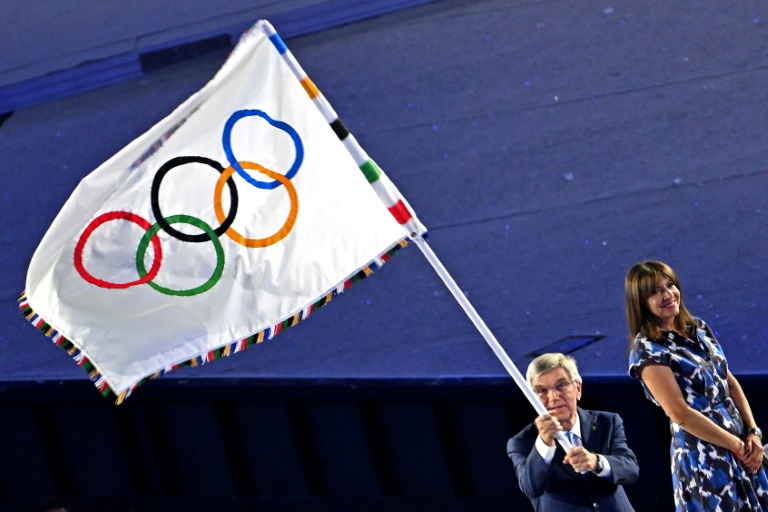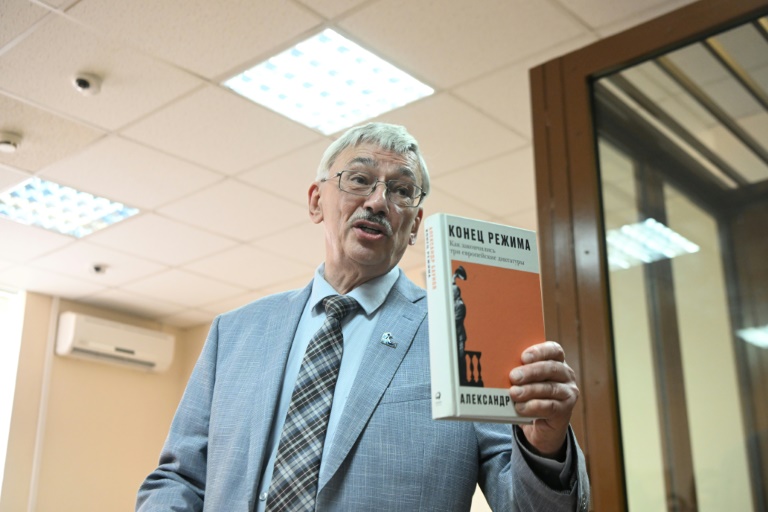AFP
Pat Robertson, the fire-and-brimstone televangelist who brought the religious right wing into the mainstream of US politics, died on Thursday at the age of 93, his organization announced.
The veteran TV host, religious broadcaster and one-time presidential candidate died at his home in Virginia Beach, according to a statement from the Christian Broadcasting Network.
“His greatest treasure in life was knowing Jesus Christ and having the privilege of proclaiming Him and His power to others,” CBN said in a statement.
An avuncular presence on the daily talk show he started in 1966 — “The 700 Club,” which is still on air today — Robertson was a master at using the media to promote deeply conservative Christian values, including fiery sermons against gay rights.
His most lasting impact was to bring a politicized religious ideology into the mainstream, creating a voter bloc instrumental in bringing Donald Trump to power in 2016 and continuing to exercise enormous influence over the Republican party.
“He shattered the stain glass window,” TD Jakes, a Dallas pastor said in CBN’s statement. “People of faith were taken seriously beyond the church house and into the White House.”
Second in popularity among Christians only to his more moderate televangelist friend Billy Graham, who counseled presidents for decades, Robertson’s Christian Broadcasting Network reached communities across rural America.
The CBN network grew over the decades to have outposts across the world, spreading a fundamentalist, conservative reading of the Bible.
That included refusing to give way as non-Christian religions and the gay community gained greater acceptance over the past two decades.
In 2001, as America reeled from the September 11 attacks, Robertson sparked controversy after appearing to agree with comments by his broadcasting sidekick Jerry Falwell that America’s tolerance for lesbians, gays and abortionists had drawn God’s wrath on the country.
The Christian Coalition, which Robertson founded, helped mobilize US evangelicals in the political arena, corralling them into a major voting bloc which retains an outsized grip on the Republican Party.
The organization, from which Robertson resigned as president in 2001, has long been at the forefront of the US culture wars, pressuring Congress and the White House on moral and religious issues such as abortion and the separation of church and state.
Robertson — who ran unsuccessfully in the Republican primary in 1988 — went on to play an important role garnering conservative support for Republican candidates.
The Christian evangelical movement would become a key base of support for Trump, helping to propel him to the presidency. Robertson himself interviewed Trump on his network after he won the White House.
While his group has credited Trump with advancing the movement to ban abortions — leading to the Supreme Court’s landmark overturning of abortion rights a year ago — they were also unhappy that Trump did not stand firm against gay rights.
Robertson was born on March 22, 1930 in Lexington, Virginia. His father was a conservative Democratic member of the US House of Representatives and a senator for 34 years.
He studied at a military preparatory school and then Virginia’s Washington and Lee University.
In 1948 he joined the US Marines, served in Korea, and then graduated from Yale Law School.
His future media empire, CBN, had humble beginnings, launching in 1961 from a small television station in Tidewater, Virginia.
But over the decades the network would become a mainstream stop for political candidates courting Christian voters: guests included Republicans Ronald Reagan and Donald Trump and Democrat Jimmy Carter.







